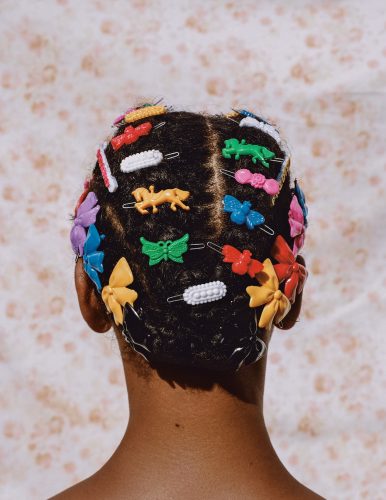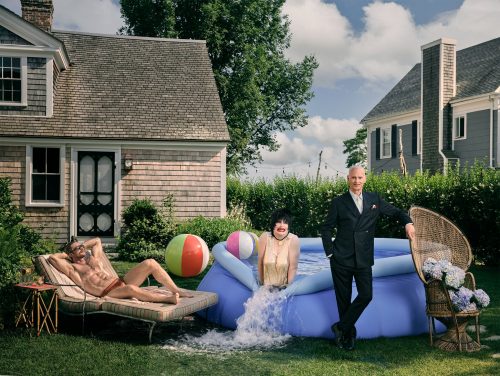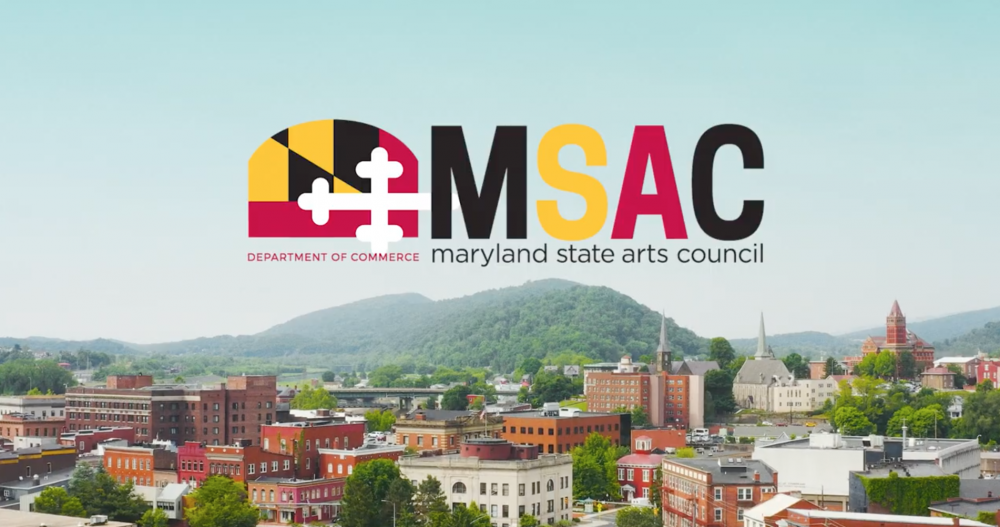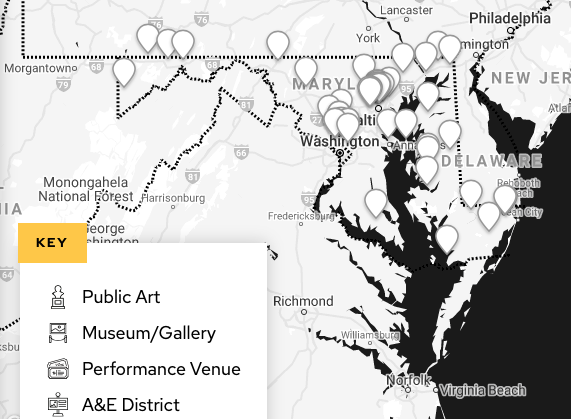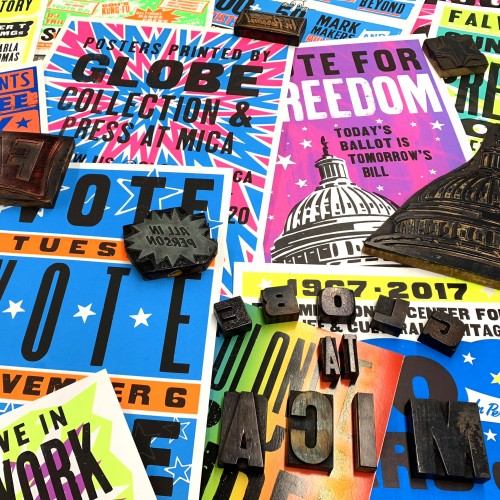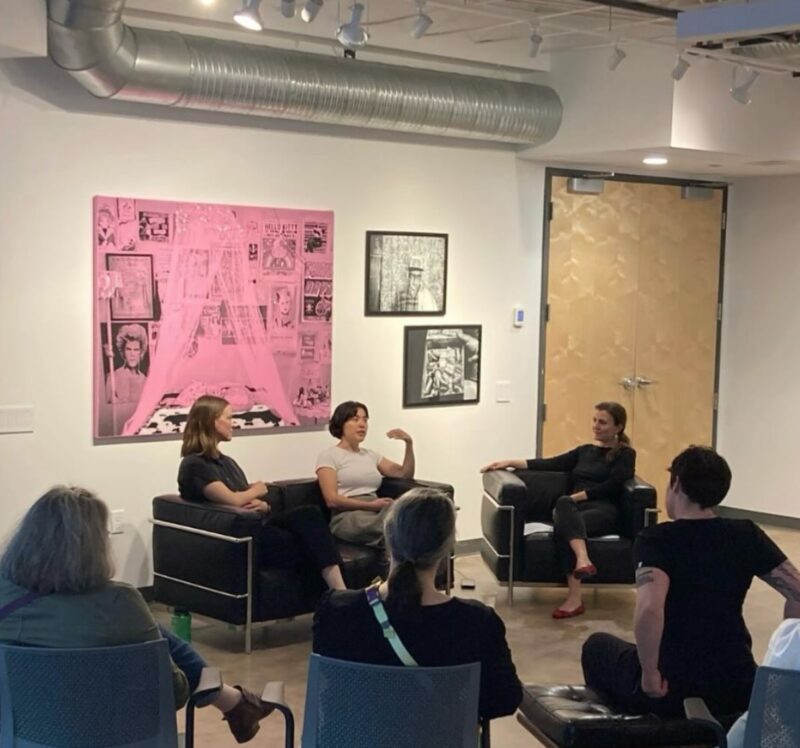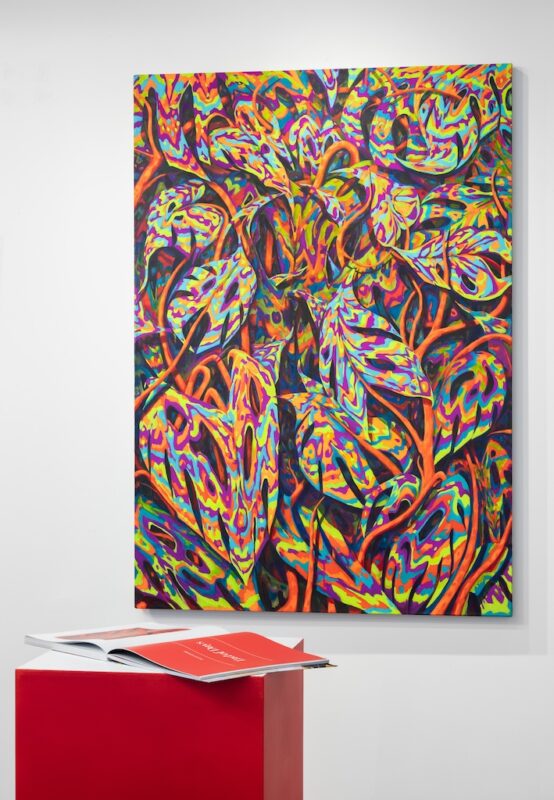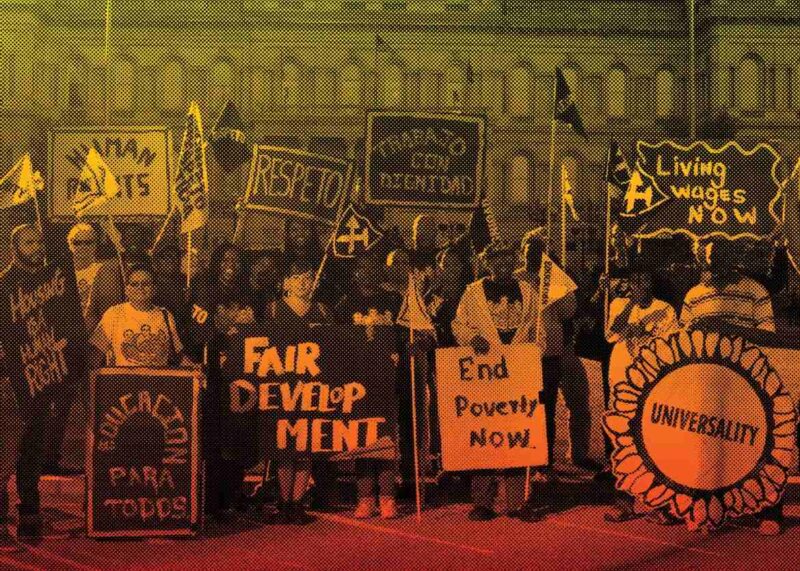The Maryland State Arts Council (MSAC), an agency of the Maryland State Department of Commerce, announced dramatic changes today to the way it supports the state’s art ecosystem “in an effort to more equitably distribute state appropriated funds to arts organizations across the state.”
The new plan will direct significant increases to smaller and midsize arts organizations and make cuts to the major institutions who have historically received the lion’s share of state funding. The change will be implemented over a five year period beginning in FY2024 and is in line with national trends, including recent changes announced by the DC Commission on the Arts and Humanities and the Pennsylvania Council on the Arts, in order to promote a more balanced distribution of grant funding and to reach underserved communities.
Under the current system, in FY22 the MSAC will distribute $16 million in general operating funding (GFO) to 260 organizations across the state. This funding is not for specific programs or projects, but for general operations, the most difficult type of funding to raise. This type of support is especially difficult for smaller organizations to gain, with a limited staff and less access to large donors. This year, just ten organizations with the largest budgets will receive 46% of operating funding available, almost $7.4 million, while the remaining 250 organizations are sharing 54% or $8.6 million. However, this is about to change.
The new model approved for FY2024 projects that the smaller 250 organizations would receive 73% of the funding instead of the current 54%, giving the small and medium-sized organizations who directly serve Maryland-based artists the resources needed to support programming, operations, and fundraising.
“Supporting small and mid-sized organizations at a larger percentage of their operating budgets will open space for community voices to be uplifted in a new way,” said Jaqueline Copeland, MSAC Board Chair. “This group of organizations includes those that are led by and are serving historically underserved and marginalized communities. This change will have an enormous impact on how they are able to serve the people of Maryland and puts MSAC in a national leadership position, in terms of equity and excellence in practice.”
According to MSAC, their current funding formula bases a maximum grant amount as a percentage of an organization’s allowable income, regardless of other resources available to them. Instead, the new system groups organizations into five budget tiers, providing a larger percentage of allowable expenses as a maximum grant award to smaller budget organizations, and a smaller percentage to larger organizations that have greater access and connections to non-governmental funding sources, professional fundraising staff, and other resources.
